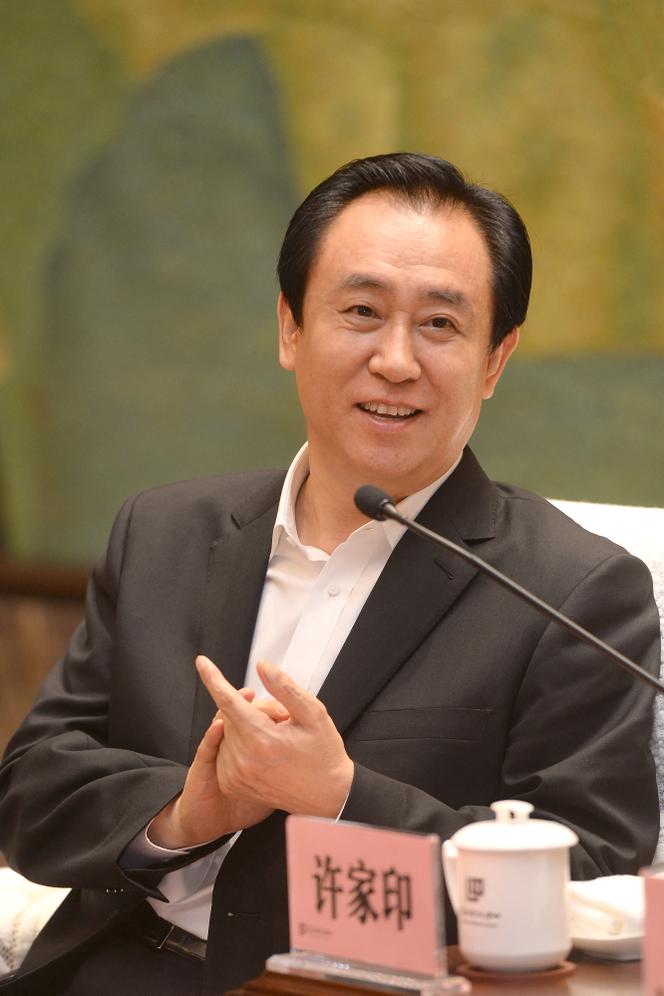


The announcement came as no surprise. Xu Jiayin, the founder and chairman of Chinese property developer Evergrande, was been placed under house arrest earlier this month, Bloomberg reported on Wednesday, September 27, citing sources close to the investigation. Evergrande confirmed the information on Thursday, saying authorities had informed the company that its chairman had been subjected to "mandatory measures in accordance with the law due to suspicion of illegal crimes."
In August, the world's most indebted property developer, with liabilities of $340 billion, had said it was under investigation by the China Securities Regulatory Commission. On September 16, police in the city of Shenzhen reported they had arrested a number of Evergrande employees.
This investigation is preventing Evergrande from issuing new bonds needed to restructure its current debt, an overhaul which appears to be at an impasse. The group, whose shares are suspended on the Hong Kong stock exchange, has canceled two investor meetings scheduled for September 25-26.
Since its first unpaid loan repayment two years ago, Evergrande has been on a downward spiral, dragging the entire Chinese real estate sector down with it. Investors have not been reimbursed, and thousands of subcontractors and workers have not been paid for their work, bringing hundreds of construction sites across China to a halt.
This undermines household confidence and prompts buyers to stop purchasing for fear of becoming owners of unfinished concrete carcasses. As a result, real estate sales plunged 19.1% year-on-year in August, and at least 80 more Chinese developers have defaulted over the past two years.
The authorities' priority today is to ensure that ongoing projects are completed to restore confidence among the general public: Local authorities are intervening to relaunch abandoned building sites, and banks are opening credit lines under close supervision. The restructuring of Evergrande's debt is proving more complicated: So far, the company has been unable to convince 75% (a mandatory threshold) of its creditors to validate a restructuring plan. Eventually, the company could be liquidated. Other developers could be interested in certain assets, but many are in unattractive small towns and may never find takers.
Last month, business magazine Caixin Global reported that Evergrande's chief executive and chief financial officer had been arrested. This time, it is the top boss who suffers the same fate. Xu, China's richest man until 2017 and known for his aggressive approach to business, private jets, and fanciful investments, appears to be the perfect culprit in a crisis crippling the Chinese economy.
You have 43.89% of this article left to read. The rest is for subscribers only.
